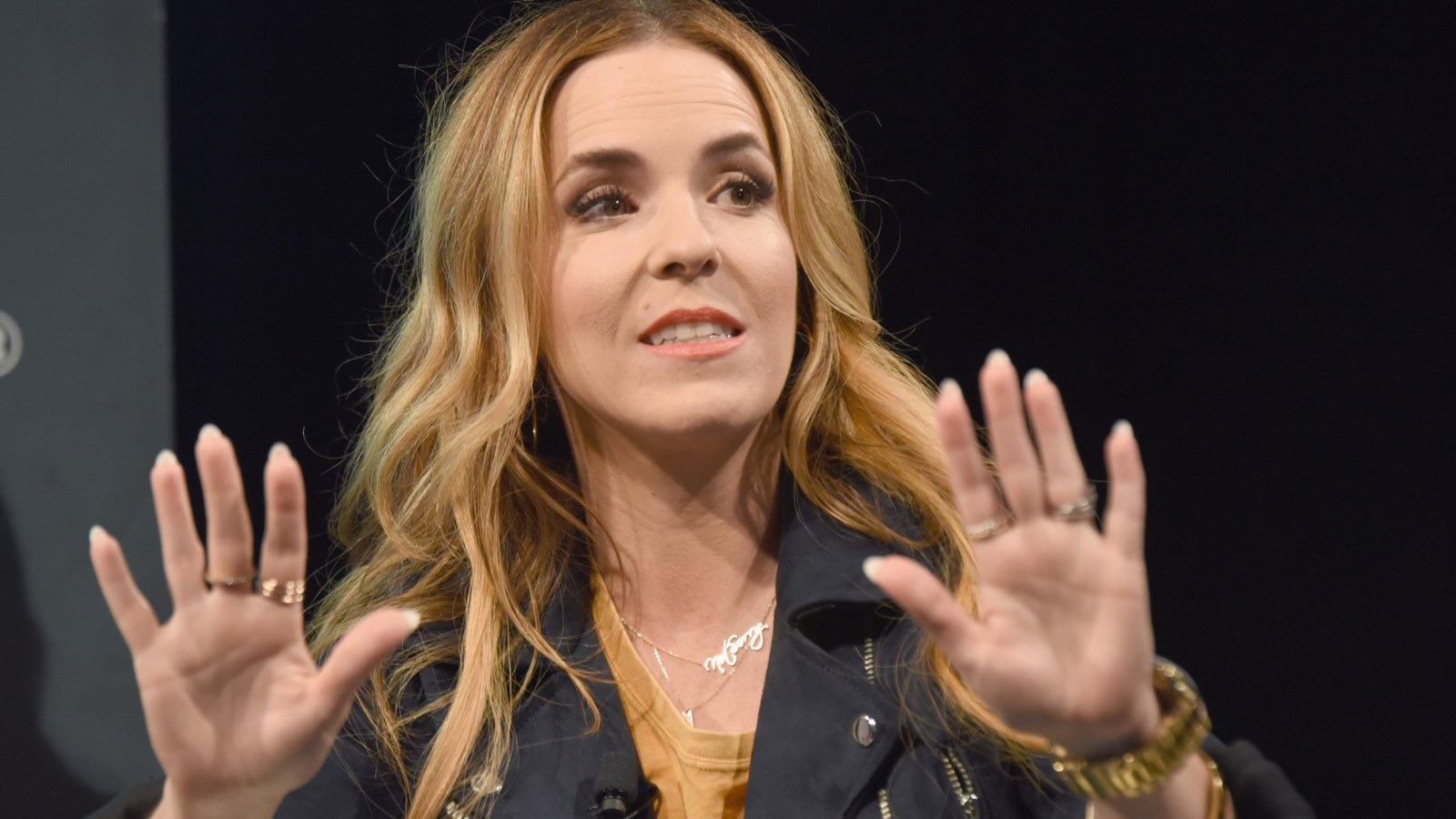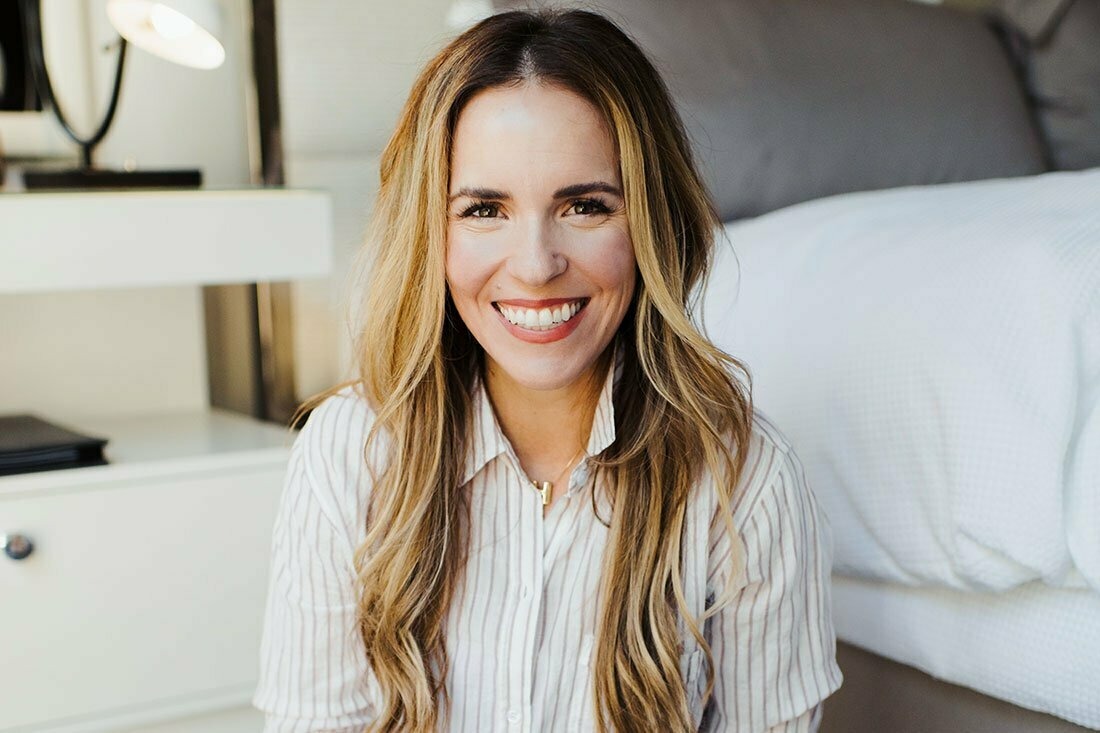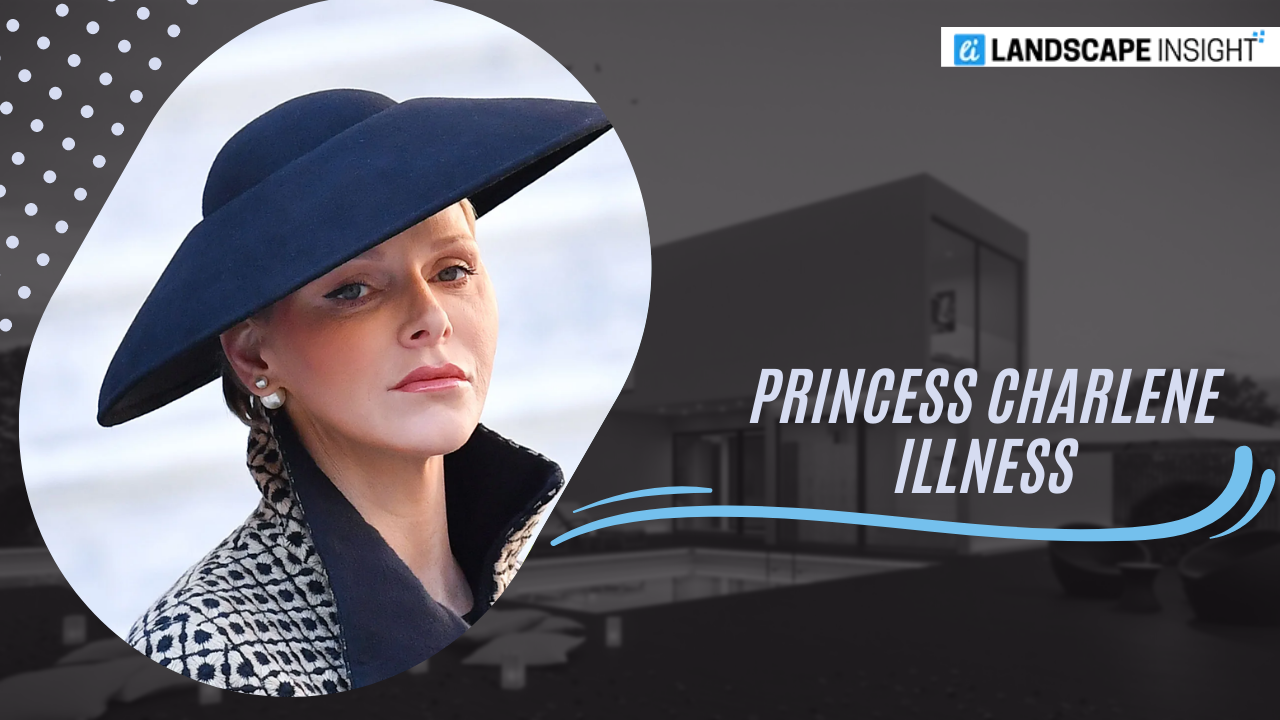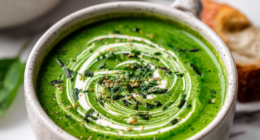Rachel Hollis is a blogger, motivational speaker, and author with a large internet following. According to Hollis’ website, her self-help book, Girl, Wash Your Face, has sold over 4.5 million copies since its release in 2018. Girl, Stop Apologizing and Didn’t See That Coming are the next three books in the series.
The Hollis Company (HoCo) “produces content in every kind of media format: books, podcasts, movies, social and live events, as well as physical things,” she says. All with the intention of giving readers tools to achieve “permanent and lasting, positive changes in your life,” she writes on her website.
Hollis resides in a suburb near Austin, Texas. She confirmed her divorce from David Hollis in June 2020. They have four children together.
Rachel Hollis Controversy
Rachel Hollis, a social media celebrity and famous self-help author, apologized earlier this week for appearing to compare herself to Harriet Tubman.
In an Instagram post, the author of Girl, Wash Your Face and Girl, Stop Apologizing said, “I know I’ve caused immense sorrow by referencing prominent women — including some women of color — whose challenges and successes I couldn’t possibly understand.” The message was her second since the scandal erupted on social media about two weeks ago.
Hollis’ ill-fated Harriet Tubman comparison surfaced in a now-deleted TikTok video from late March, in which she responded to claims that she sounded “unrelatable” when she talks about “this sweet woman” in her employ who “cleans the toilets.”
Rachel Hollis comparing herself to Harriet Tubman is WILD pic.twitter.com/62lEBmr8Iu
— Angie Treasure (@snark_tank) April 2, 2021
“Can you tell me what about me makes you think I want to be relatable?” Hollis posed the question rhetorically. “No, sis,” I say. “Everything I do in my life is to live a life that the majority of people cannot relate to.”
After describing some of the ways in which she perceives herself as unusual, such as her willingness to get up at 4 a.m. and fail in front of the world when necessary, Hollis comes to the following conclusion: “Literally every woman I look up to is unrelatable.” “I’m doing it wrong if my life is relatable to the majority of people.”
Also Read: French Open Dress Controversy: French Open Message from Camila Giorgi After Dress Drama
“Harriet Tubman, RBG, Marie Curie, Oprah Winfrey, Amelia Earhart, Frida Kahlo, Malala Yousafzai, Wu Zetian… all Unrelatable AF,” reads the video’s caption. “Congratulations on Women’s History Month.”
The message appeared sloppy at best and racist at worst to many observers. Was Hollis really comparing her difficulties to construct a brand as a lifestyle guru — a brand founded on the impression she’s created that she’s much like her fans — to Harriet Tubman’s escape from slavery and subsequent efforts to assist other oppressed people to escape?
Was she really trying to persuade her fans that she never intended to be relatable after selling tens of thousands of books describing how she was just like them? Was she actually doing it while calling her housekeeper “the woman who cleans her toilets”?
“EVERYONE works as hard as you do,” one Twitter user said, “particularly the woman on her hands and knees scrubbing your toilet while you prance around creating movies about how much better you are than she is and call it ‘work.'”

“The privilege to fail so spectacularly so repeatedly is one I, or any Black woman, do not have,” commented Luvvie Ajayi Jones, a self-help author, on Instagram.
“People are attempting to ruin us for far less. Meanwhile, she manages to sell 2 million books without putting out any effort while uttering heinous things. She still has 1.7 million fans on Instagram. That is a great honor.”
On April 4, Hollis issued her first apology, but it was an apology that shifted the culpability for what transpired to individuals who had misunderstood her and a “team” that had failed to do its job properly, according to Hollis.
She claimed in a now-deleted Instagram post that she was not comparing herself to any of the ladies she cited, and that “to infer that I am comparing myself to them just because I mentioned them is absurd.”
She went on to say that she waited so long to respond to the backlash over her first video because she trusted her “team” when they indicated they could handle it and that she should have “listened to my instinct.”
Hollis eventually deleted this apology and replaced it with another in the face of intense criticism. “I am truly sorry for the things I stated in my recent posts and the hurt I have caused in the last few days,” she wrote, adding, “By boasting about my own achievement, I minimized the challenges and hard work of many individuals who work ceaselessly every day.”
For a variety of reasons, the Rachel Hollis debate has gained traction. There’s the irony of an influencer declaring that being relatable has never been her goal yet it’s at the heart of her brand.

There’s an inference that her accomplishments as a self-help author are comparable to those of Harriet Tubman.
When you refer to a housecleaner as someone who “cleans the toilets,” you’re dehumanizing them. There’s Hollis’s determination that the reason other people aren’t as successful as she is — including, we assume, her housecleaner — is that they aren’t working as hard at their jobs as lifestyle and self-help influencers as she is.
However, the debate has lasted as long as it has because it is, in some respects, predictable.
In recent years, it’s become strangely frequent for prominent figures in the quasi-feminist “lean in, girl” corporate white women’s empowerment movement to compare their own hardships to the considerably higher-stakes challenges experienced by famous women of color.
Hollis has gone through several iterations of this debate in the past. In 2019, she appeared to plagiarize a number of inspirational quotations, mostly from women of color, on her Instagram account.
From calling her imagined interlocutor “sis” in the Harriet Tubman video to the title of the Girl, Wash Your Face franchise, she enjoys snarky white lady’s use of African-American Vernacular English.
But Hollis isn’t the first white woman who has dressed up the problems of women of color for her own benefit. To establish the idea that women who work are often slaves to their schedules, Ivanka Trump’s 2017 self-help book Women Who Work utilized a phrase from Toni Morrison’s Beloved, about an enslaved woman who killed her kid in order to prevent the child from being forced into slavery.
This notion of appropriation can be traced all the way back to the self-help movement Hollis promotes.
Hollis’s Girl, Wash Your Face brand is focused on the concepts of wellness and self-care, with the premise that taking the time to care for oneself is a daring and radical act, and that it can be as simple as, well, washing one’s face.

Self-care, on the other hand, was conceived as a political act. “Caring for myself is not self-indulgence,” Audre Lorde said in A Burst of Light and Other Essays in 1988, a statement that has since been copied across the internet on inspirational Instagrams. “It’s a form of political warfare, and it’s self-preservation.”
Lorde’s self-care was different from what today’s health influencers recommend, such as bath bombs and yoga sessions. After being diagnosed with cancer, Lorde underwent a single mastectomy.
She was someone that our culture viewed as disposable, yet she was attempting to love and care for herself in the best way she could, with honesty.
After her mastectomy, Lorde chose not to obtain a breast implant or wear an artificial breast as a kind of self-care. It meant insisting on properly dressing and grooming herself, even if she was single-breasted, as a symbol that she respected herself when the world did not.
Lorde’s attention to self-care was subversive and anti-capitalist, and it was part of her preparation for political engagement. She looked after herself in order to find the strength to change the world.
Hollis’ concept of wellness and self-care isn’t about changing the world, and it isn’t anti-capitalist. It’s all about buying stuff, especially Hollis’ books and retreat tickets $65 for the virtual version.
In response to the Hollis scandal, influencer Rachel Cargle posted on Instagram, “Wellness is being commodified,” pushing her followers to “mediate AND call your senator.” Vote AND go to yoga.”
View this post on Instagram
“The issue I have with many celebrated white wellness spaces and women’s empowerment influencers or brands is that they oddly seem to equate success to getting what white men have and wielding that power in the exact same oppressive inhumane way that white men have been doing for generations,” Cargle wrote in the caption of her text post.
Cargle’s concern is, in the end, the most egregious act of appropriation in the entire corporate white feminist business, the entire project that Hollis is selling. It’s the decision to use a political movement created to destroy our existing power structures to sustain the status quo.
To know more updates about entertainment information please checkout landscapeinsight.com
Andrew Walker is the Chief Editor at “Landscape Insight” and has a background in journalism. He has been writing for Landscape Insight on a wide range of Entertainment topics including Celebrity Net Worth, Controversies, Web Series & Movie Updates, etc. When he isn’t writing, Andrew enjoys playing video games and baseball. You can reach Andrew at – [email protected] or by Our website Contact Us Page.








